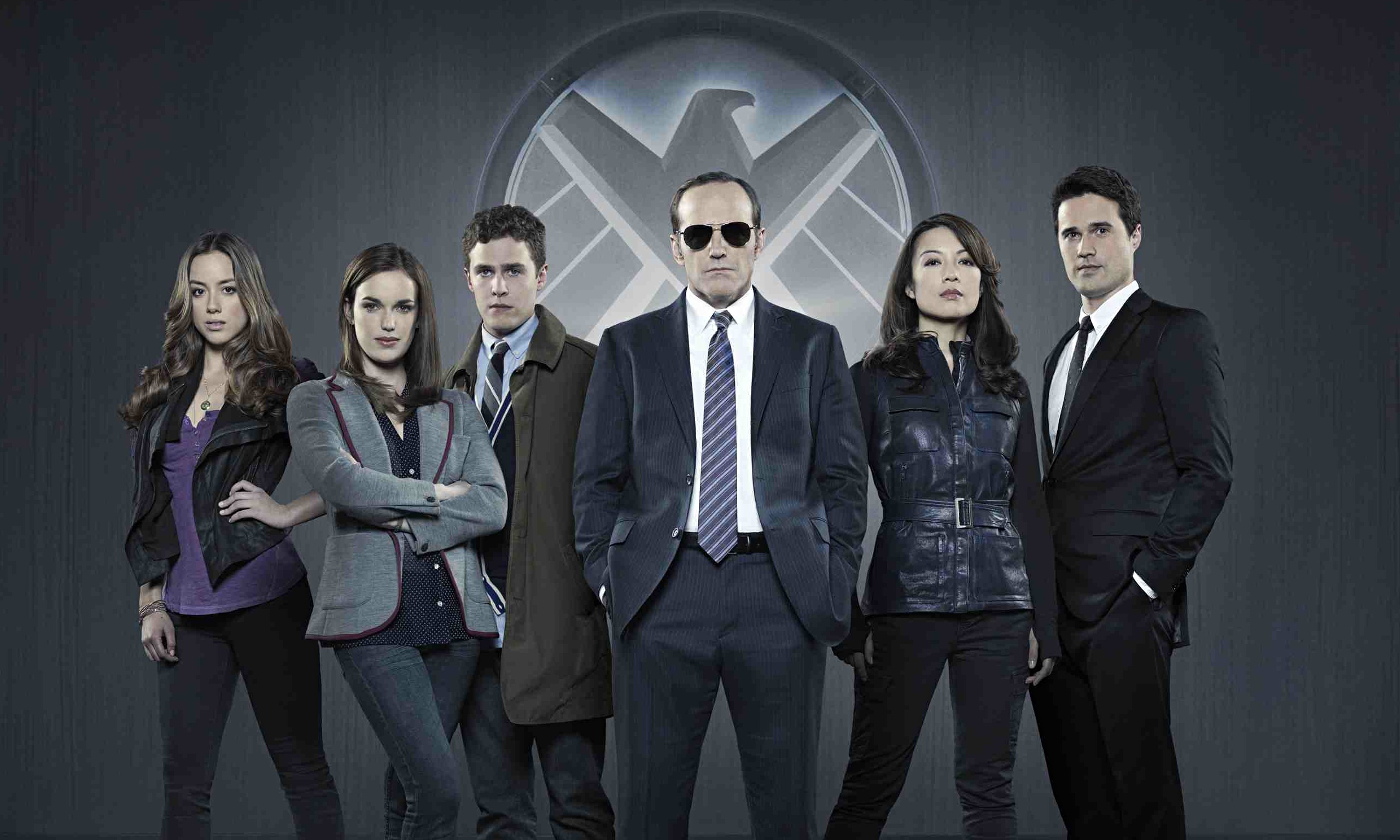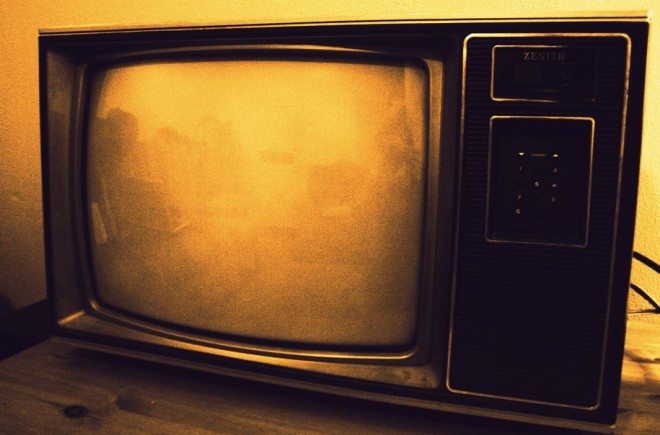Shows that deserve to be renewed
Three writers put forward their cases for television shows that are due for a comeback…
Agent Carter
Rooted within the vast Marvel universe, mid-season replacement series Agent Carter is a fundamentally refreshing show in almost every aspect imaginable.

Source: mic.com
First and foremost, it would be an understatement to describe this series as gloriously feminist. A focal aspect of Peggy Carter’s (Hayley Atwell) story lies in the illumination of the struggles she faces as a female agent attempting to successfully navigate her way through a vastly male-oriented profession in 1940s America. Agent Carter unapologetically explores themes of gender biases, professional sexism and the concept of male entitlement; in other words, issues that are still prevalent societal issues for women today (Agent Carter itself is the only current female-led cinematic or television series derived from a comic book).
Ms. Carter episodically establishes herself as not only a feminist icon, but also as a generally inspirational and badass heroine who is just as capable of accomplishing tasks through physical means as she is through seamless charm and wit. Moreover, easily passing the Bechdel test, Agent Carter places high esteem upon strong female friendships in the midst of Peggy’s attempts to destroy the patriarchy.
Agent Carter unapologetically explores themes of gender biases, professional sexism and the concept of male entitlement; in other words, issues that are still prevalent societal issues for women today
Furthermore, featuring faces like former One Tree Hill favourite Chad Michael Murray as the irritatingly smug Jack Thompson, Nikita’s Lyndsey Fonseca in the role of sweet yet feisty waitress Angie Martinelli, and Dominic Cooper as the infamous Lothario of the Marvel universe, Mr. Howard Stark, it’s hard not to fall in love with Agent Carter’s bedazzling exhibition of familiar and formidable supporting cast members alone.
Overall, Agent Carter is highly reminiscent of Alias and Buffy the Vampire Slayer, shows that also featured unreservedly kickass female characters, but which also featured compelling storytelling and wonderfully developed characters. Without doubt, this is a show that deserves a chance to spread its wings further for at least one more season.
Hannah Martin
Stalker
As television networks begin to make decisions on whether to continue producing certain shows, Stalker is almost entirely ignored. Despite having a full season and its fellow premiering shows on CBS securing second seasons, fans of the show have been left in the dark as to its eventual fate. Although, with such low ratings, most believe it is sure to be written off any moment now, to do so would be a mistake.
Stalker is valuable in providing commentary on a largely unreported crime, dismissing stereotypes of women as solely victims and men as perpetrators through its variety of cases.
A psychological thriller centred on the Threat Assessment Unit (TAU) of the LAPD, which deals with stalking incidents, Stalker appears to be just like other cop shows. Each episode focuses on a single case, with an underlying plot running throughout the season, whose resolution, presumably, will be reached in the season finale.

Source: sky.com
However, there are noticeable differences. Featuring a complicated female lead, Beth Davis (Maggie Q), a person of colour, the show establishes itself as somewhat more inclusive than its counterparts. Additionally, given its specific focus, Stalker is valuable in providing commentary on a largely unreported crime, dismissing stereotypes of women as solely victims and men as perpetrators through its variety of cases. Moreover, Stalker affords agency to victims, such as Davis, a positive force who leads the TAU to incarcerate many offenders and support victims.
Even so, the show is not without its problems. Despite implications that lead protagonist Jack Larsen (Dylan McDermott) is a stalker, the show encourages the audience to like him, thus excusing his actions. While problematic, this does not quite support critics’ claims that the show is merely misogynistic, as it makes an effort to withdraw from tropes.
Despite a limit on the cases Stalker can explore, it promises to, at the very least, shed light on issues left previously untouched. And, with a second season, problems arising could be resolved.
Halimah Manan
Agents of S.H.I.E.L.D.

Source: mtv.com
If someone had told me a year ago that I’d be writing a piece in support of Marvel’sAgents of S.H.I.E.L.D., I would have burst out laughing. Put politely, the show’s beginnings were less than inspired. The creative involvement of brothers Joss and Jed Whedon encouraged audiences to expect more than the banal, formulaic affair they initially received. The plotting and set design was bland, taking little advantage of the show’s fantastical genre trappings as a comic book adaptation. Agents of S.H.I.E.L.D had Joss Whedon’s trademark snark and ensemble cast, but it lacked the intelligence and depth of character that had made shows like Buffy the Vampire Slayer and Firefly such enduring pop culture works.
But then something miraculous happened: Agents of S.H.I.E.L.D. got good. Spiraling directly out of the political intrigue of Captain America: The Winter Soldier, it was revealed that the bad guys had long infiltrated S.H.I.E.L.D. This forced the show to completely reconfigure itself, making its characters immediately more relatable by turning employees of a conservative, all-powerful organization (because those are always a good idea) into outlaws on the run.
This forced the show to completely reconfigure itself, making its characters immediately more relatable by turning employees of a conservative, all-powerful organization (because those are always a good idea) into outlaws on the run.
With Season 2 then, the show’s often-hokey procedural drama has increasingly been supplanted by a focus on the rich and weird mythology of its fictional universe. Instead of merely feeding off the wider reverberations of the Marvel Cinematic Universe, Agents of S.H.I.E.L.D. has now begun to affect its own changes with the introduction of the Inhumans in the mid-season finale. Significantly, this development has come almost four years before Marvel’s big screen adaptation of the property hits the theaters. However, whilst critical appreciation for the show has slowly grown, viewing numbers remain unimpressive. I can only hope that it doesn’t get forgotten when the slew of new Marvel releases hit Netflix in the coming months.
Lewis Reynolds

Comments (1)